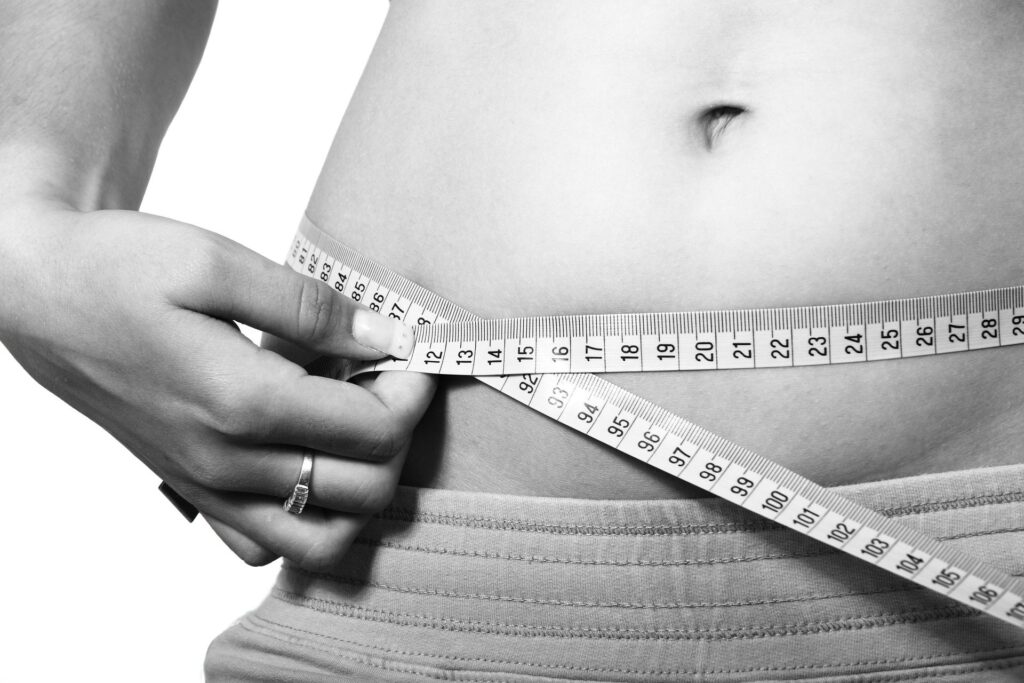“Can we reverse type 2 diabetes?” The afore-mentioned question is the most popular query among patients having diabetes. Although there is no permanent treatment for type 2 diabetes, remission is possible. This occurs when you keep your blood sugar levels within the required ranges with no medications. However, even after remission, still, there is a chance that you may get diabetes again.
Studies show that in the remission process of type 2 diabetes, weight loss plays a significant role. The sooner you lose weight after diagnosis, the better your chances are of remission. However, there are even patients who started their weight loss journey after 25 years of diagnosis and successfully went through the remission phase.
Patients who lose over 30 lbs are more likely to achieve remission. It’s important to highlight that reducing this much weight also provides a wide range of health benefits in addition to causing remission.
So, let’s discuss how weight loss helps in the remission of type 2 diabetes?
How does Weight Loss Helps In The Remission Of Type 2 Diabetes?
Well, diabetes occurs when beta cells present in the pancreas get damaged and don’t produce enough insulin (the hormone which helps move sugar from the blood to energy-needing cells.) In these circumstances, if the patient is obese, fat deposition occurs around his body cells and causes a hindrance for glucose to enter body cells.
Now you can imagine that the labor means insulin is already insufficient moreover, the fat deposition makes it even harder for it to transport glucose to the cells. In this way, the blood sugar level rises, and the patient develops diabetes.
Therefore, if the patient loses weight, the fat deposition around his body cells will reduce, and some of the blood sugar-controlling cells, the beta cells, start working again. In this way, he will pass through the remission procedure easily. Now one might ask about options that can help in the weight loss journey. Here are some:
1. LOW CALORIES INTAKE:
Studies show that people who take 625 to 850 calories a day for 4-5 months are more likely to lose weight. And this weight loss helps them keep their blood sugar levels in diabetes-free ranges.
However, the point to ponder is that everyone has different body mechanisms, so one should take a proper consultation with a dietician before finalizing one’s calorie chart. In addition to this, firm determination and motivation are also crucial because it’s tough for everyone to avoid fancy foods and remain stuck to strict diet plans for a long duration.
2. REGULAR EXERCISE:
While losing weight, exercise or workout plans are quite helpful. But alone, they don’t provide notable outcomes. When collaborated with a low-calorie diet, exercise shows better results in lowering body weight.
According to the research, people who walked 10000 steps per day and reduced 500-750 calories of their daily diet plus medication have found their blood sugar levels in near-normal ranges after quitting medication.
It means that diet and exercise, when picked out hand in hand, give more effective results in weight reduction.
3. BARIATRIC SURGERY:
In bariatric surgery, surgical alterations are performed in your gut or digestive system to limit the eating capacity. However, as it is a surgical procedure, there are potential risks. Therefore, it is recommended that people who have had diabetes for 5 years and have never used insulin before can take the risk of surgery. Furthermore, their body mass index should be greater than 35 if they consider this option.
After reading the above-mentioned information, if you have any thoughts about any permanent cure for diabetes, forget them. Thus, if you notice any supplement or medication claiming that it will cure your diabetes completely, it means it’s fake. But with proper diet, exercise and medication, you can reverse your type 2 diabetes. Besides this, you can also go for natural remedies that help manage your diabetes.

